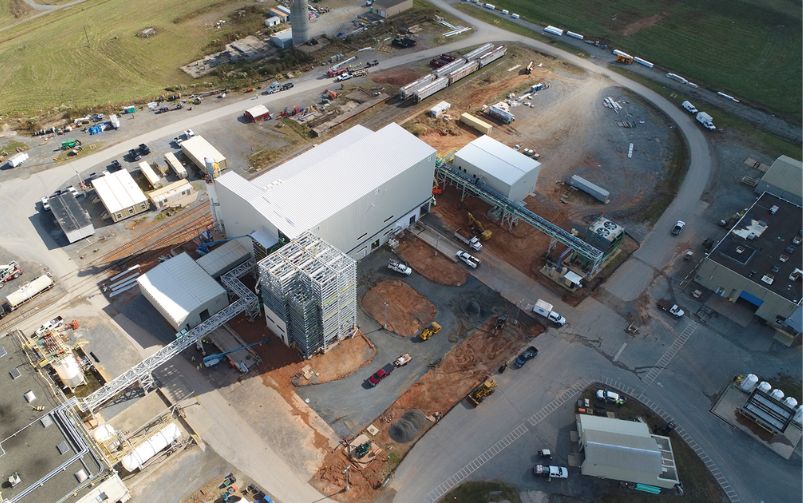Rio Tinto, one of the ICMM-CharIN task force participants, is working to electrify the haul truck fleet at its Pilbara operations in Australia. Courtesy of Rio Tinto
The International Council on Mining and Metals (ICMM) has partnered with German electric mobility nonprofit Charging Interface Initiative e.V. (CharIN) to launch a new mining task force that aims to accelerate progress on zero-emission mining vehicle fleets.
ICMM said the partnership will allow it to investigate technical barriers around the interoperability of battery-electric charging systems for the roll-out of zero-emission mining vehicles (ZEVs). Interest in ZEVs is gathering speed across the mining industry, with a host of miners and original equipment manufacturers inking agreements to roll out these vehicles at their sites in the coming decade.
The task force participants include BHP, Rio Tinto, Shell, ABB and GHD Group.
CharIN played a key role in setting international standards for charging passenger and heavy transport vehicles, and its member companies include grid and charging point operators, heavy equipment manufacturers and standard and testing organizations.
ICMM and CharIN said in the press release that the latter’s member companies bring the ability to specify and test out new BEV charging technologies for the mining industry, while ICMM’s member companies have a range of operations in different geographies and weather conditions under which to prove out their capabilities.
Related: Battery-electric vehicles are just one of the driving points for mining companies thinking about how they power their underground mines
CharIN said the mining industry needs a new high-power charging system given the significant size of haul trucks. “Addressing interoperability and standardization for charging solutions early on could help reduce duplication in charging infrastructure for mines around the world an important step in accelerating the implementation of battery-electric technology on site,” the release said.
“Value chain collaboration will be critical in helping us get to net zero,” said Christian Spano, director of innovation, ICMM. “We’ve identified technical bottlenecks affecting progress in implementing zero-emissions vehicles at mining operations globally that we’re now creating partnerships to drive progress on.”
Task force participants will define the requirements for a higher power stationary charging plug and a dynamic in-motion charging interface for use on site. They will also pilot future charging solutions.
“Developing an interoperability framework for battery electric equipment is a complex jigsaw that cannot be accomplished without a new level of technical collaboration across the mining and e-mobility industries,” said Anna Wiley, BHP’s vice-president of planning and technical, in the press release. “We are committed to working alongside our partners to make a meaningful contribution towards the mining industry’s decarbonization goals.”
Diesel-powered mining vehicles are estimated to account for 30 to 50 per cent of direct emissions at a mine site, and in some cases up to 80 per cent, according to a 2019 paper from the Rocky Mountain Institute.
“Interoperability is a critical element in overcoming the technical and commercial barriers in decarbonizing our diesel haul truck fleet and achieving our climate targets,” said Rio Tinto’s chief technical officer, Mark Davies, in the release.




